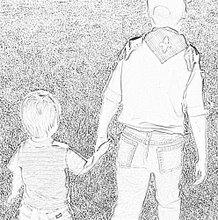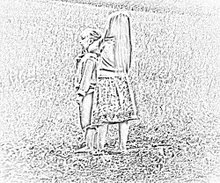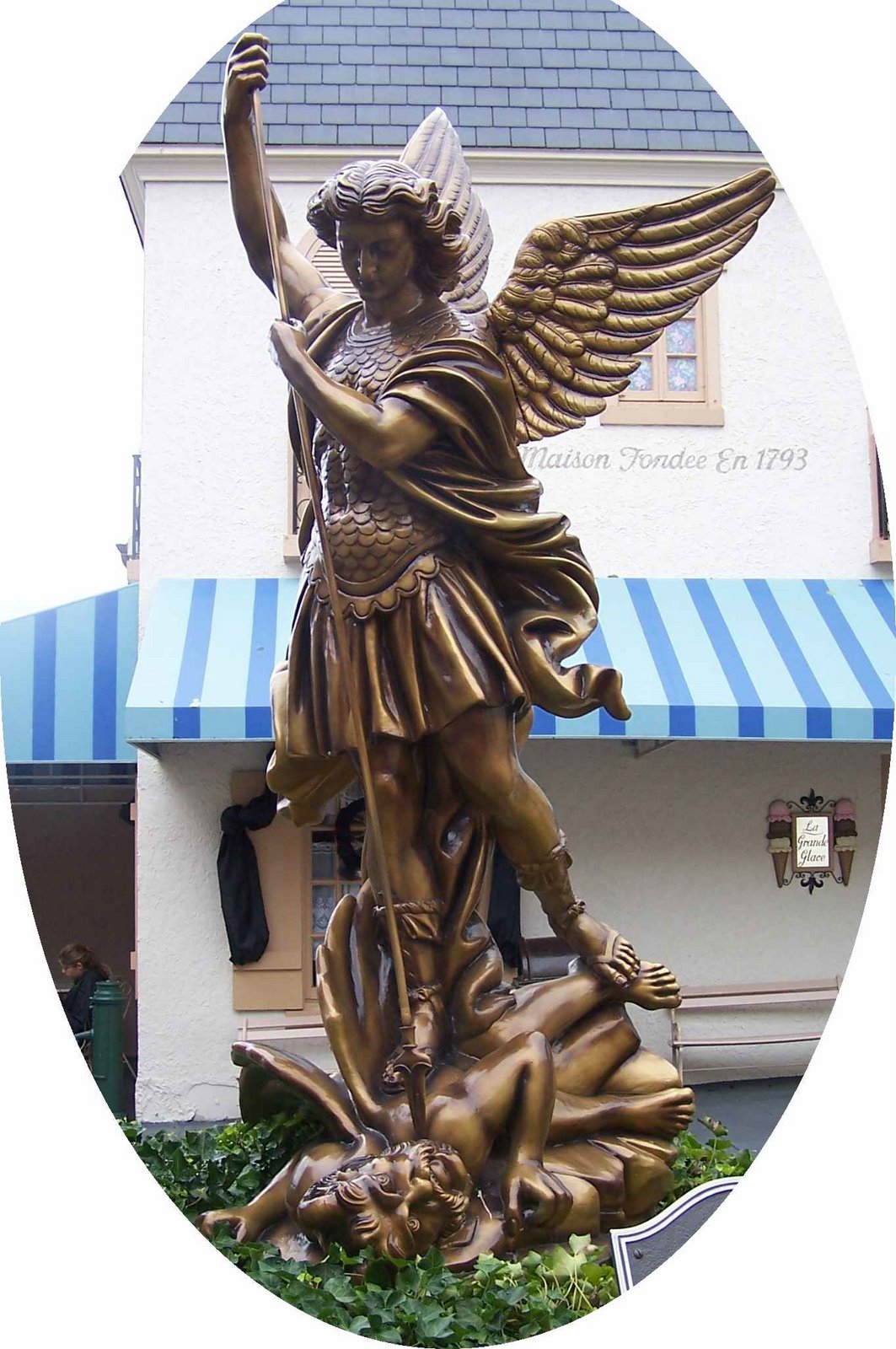Christi recently posted about some of her
favorite authors -- which also happen to be some of my favorites. We both enjoy
Madeleine L'Engle. I discovered her Time books when I was in school and enjoyed reading about Meg Murry in
A Wrinkle in Time and
A Wind in the Door. At some point after I finished school, I read
A Swiftly Tilting Planet and
Many Waters. Last week I finally got
An Acceptable Time and started reading it last night. I stopped mid chapter (not an easy thing for me to do) when I read this exchange between Polly and her grandmother:
. . . "Grand, why did Mother have so many kids?"
"Would you want any of you not to have been born?"
"No, but--"
"But it doesn't answer your question. . . . If a woman is free to choose a career, she's also free to choose the care of a family as her primary vocation."
Wow. Powerful words for an idea which was not widely accepted in 1989 when the book was published -- and still is not widely accepted.
Being the research geek I am, I looked up vocation. Here is what Wikipedia says:
A vocation is an occupation for which a person is suited, trained or qualified. It is also the inclination to undertake a certain kind of work, especially a religious career; often in response to a perceived summons; a calling. This type of vocation is either professional or voluntary, that is carried out more for its altruistic benefit than for income, which might be regarded as a secondary aspect of the vocation, however beneficial.
And thinking about vocations, especially the second part of the definition, brings me to
Christine, who is celebrating the
1000th post of Domestic Vocation. If you haven't visited her before, please do.










